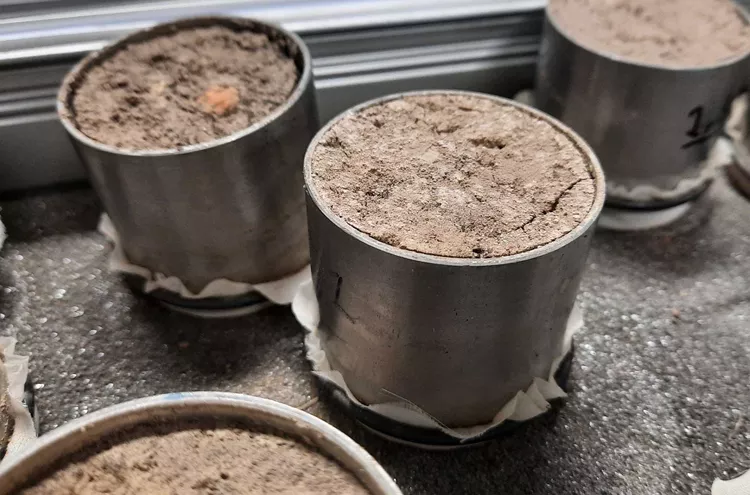
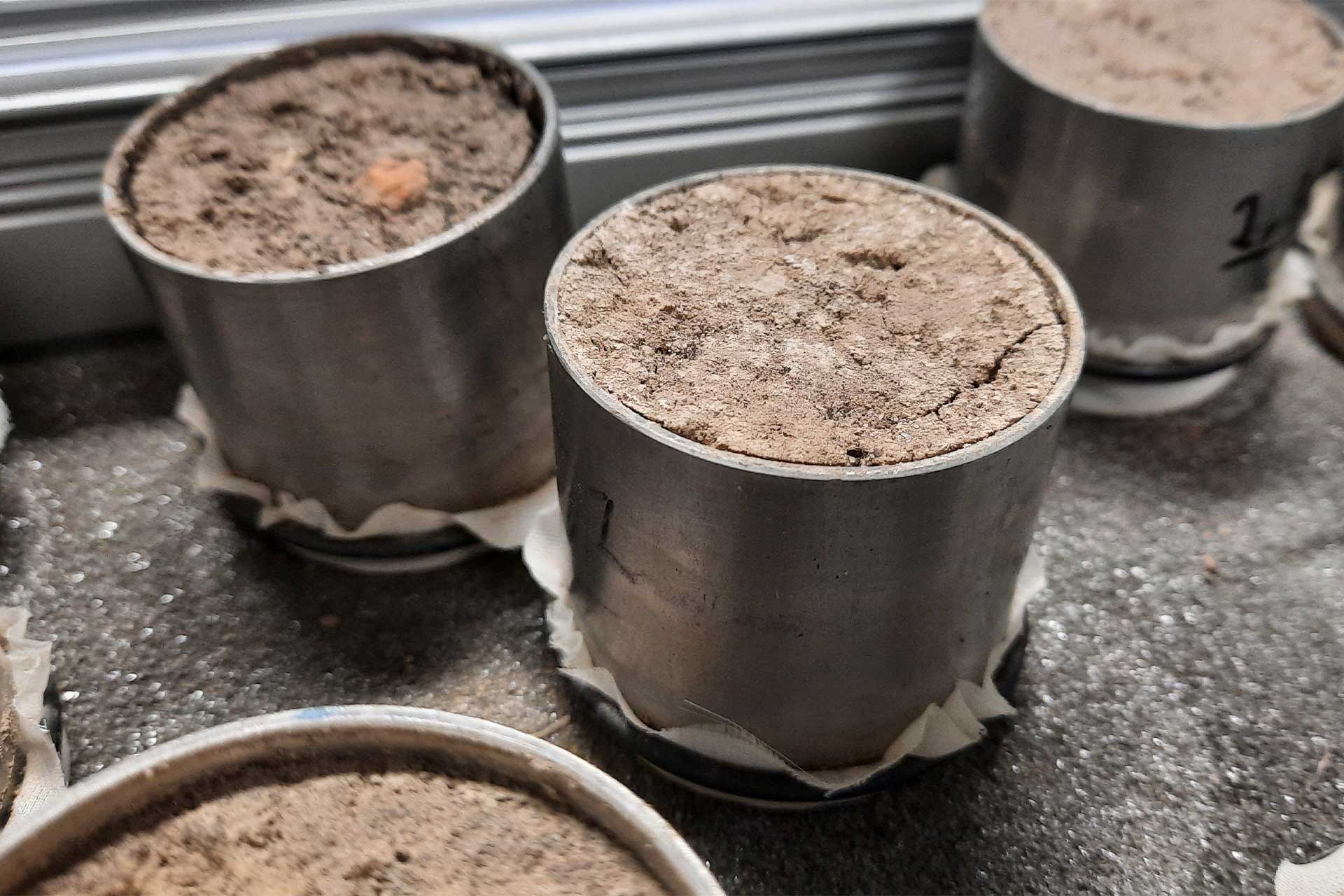
The physical research of soil offers valuable insights in its different characteristics. There are many different methods for the testing and analysis of soil, each of which has its own specific tools and equipment requirements. Find your application below, or contact our expert for advice.
Read more
A small sample of soil can provide a wealth of information. With the right equipment, you could analyse the structure and texture of soil, which determines its permeability, ease of tillage, sensitivity to erosion and more. Soil stability is essential for agriculture and a pF-curve tells you all about a soil's moisture contents.
The properties of soil, which you can find through soil testing, are helpful indications for effective agriculture, construction, engineering and even archaeology. Find the right analysis method for your situation below.

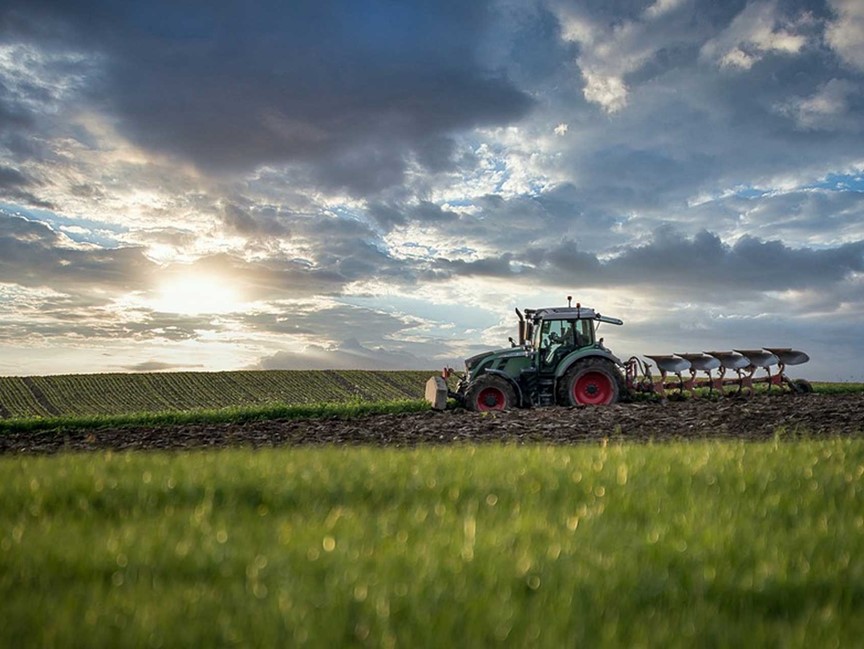
pF determination is essential when researching the accessibility of water in the soil for plants and trees. Soil moisture measurements provide valuable insights for agriculture, but engineering as well.
More information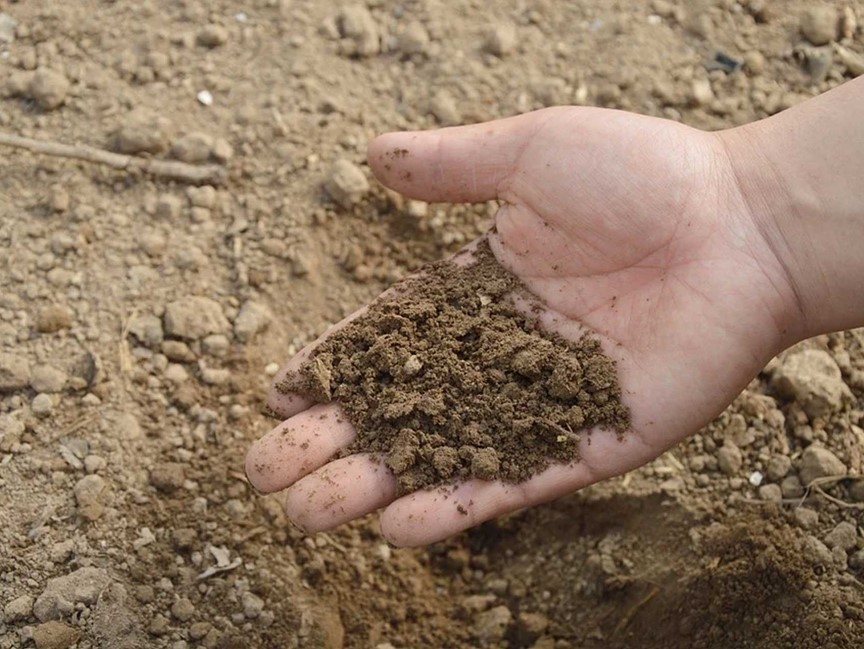
Particle size distribution is one of the most important characteristics of soil. Soil texture in great part determines how suitable it is for its intended use, such as agriculture. It affects the ease of tillage, capillary conductivity, available moisture, permeability, compaction and more.
More information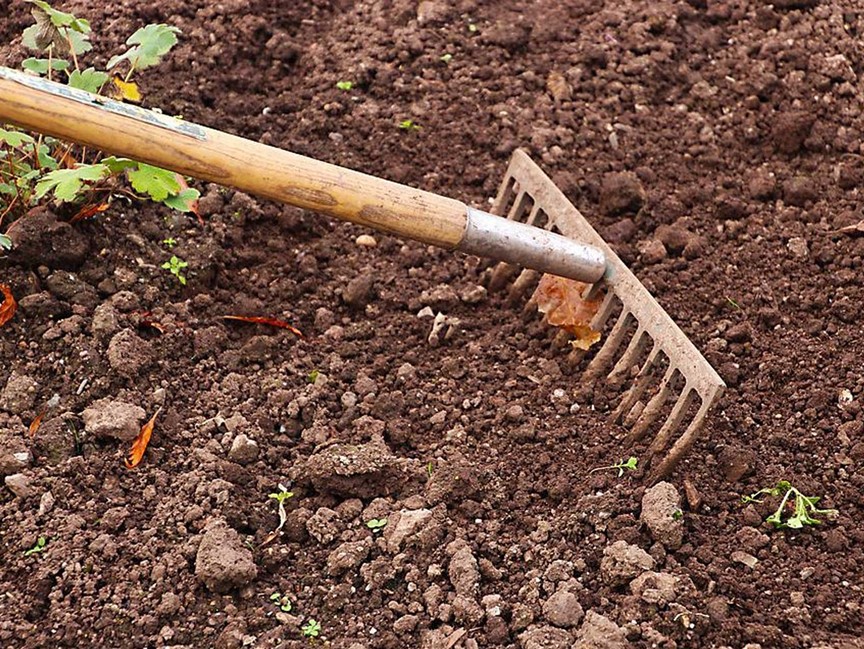
Soil structure is largely determined by the formation and presence of soil aggregates. These aggregates can disintegrate due to mechanical and physico-chemical forces and lead to pore clogging and infiltration reduction, resulting in water erosion and/or spraying. The 'wet sieving method' is the method to investigate aggregate stability against water erosion.
More information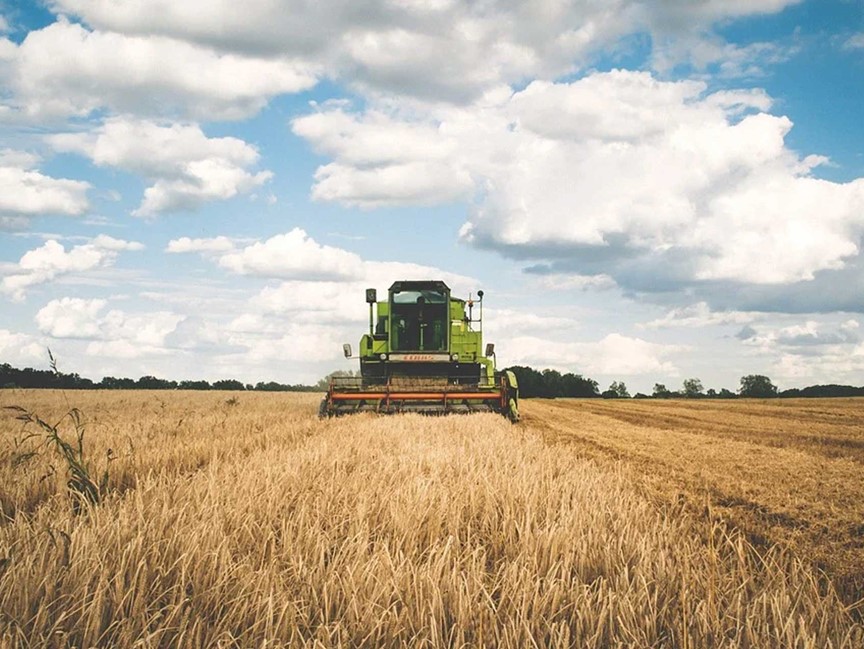
The ratio of solid mass, water and air in soil is important to determine for both forestry and agriculture, as well as soil and water management studies. Soil moisture and porosity, which affects how suitable the soil is for its intended use, is in large part influenced by the ratio of all different components of the soil.
More information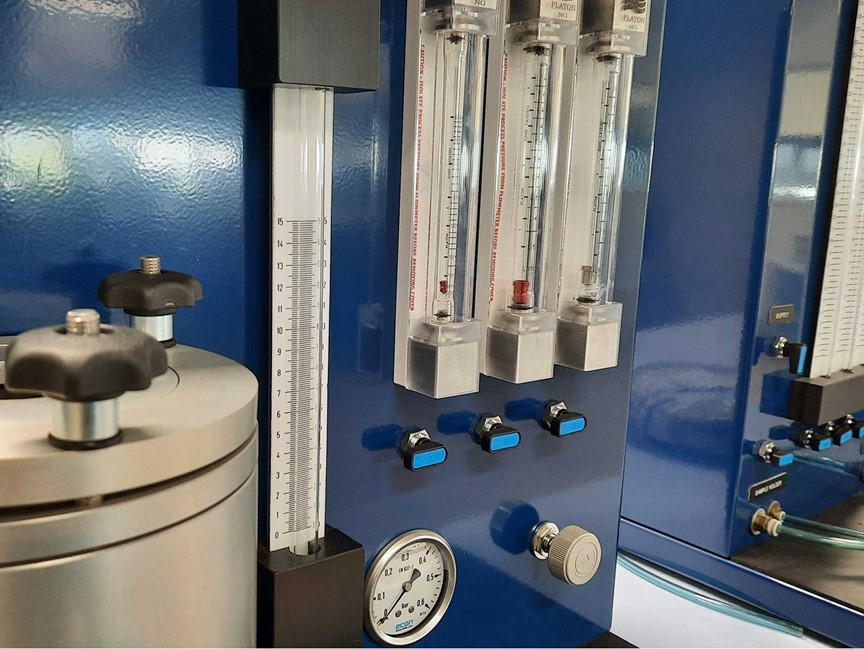
Soil air permeability is one of the most important parameters for the aeration in agricultural soils. Both air and water are essential for plant growth, and air permeability determines in large part how much oxygen the plant roots have access to. Royal Eijkelkamp offers instruments to measure air permeability in the field and in the laboratory.
More information
Determination of water permeability, or hydraulic conductivity, is important for agricultural as well as for environmental soil research. The permeability factor, or K-factor, serves as an indication to base the designs of irrigation- and drainage systems on. It's also of great importance with respect to the extent of the spreading of possible pollution.
More information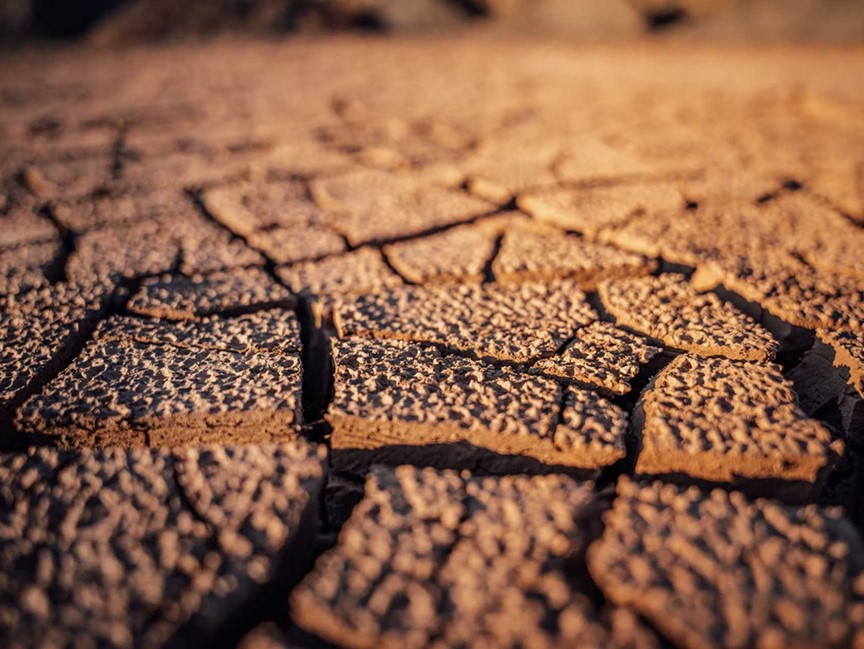
Compression and shear stress tests measure a soil’s resistance to deformation when it’s submitted to shear or compression. Altered soil functions, especially the reduced hydraulic conductivities and impeded aeration, could decrease crop growth and productivity as well as the filtering and buffering capacity of soils. Testing shear and compression strength offers valuable insight for soil use.
More information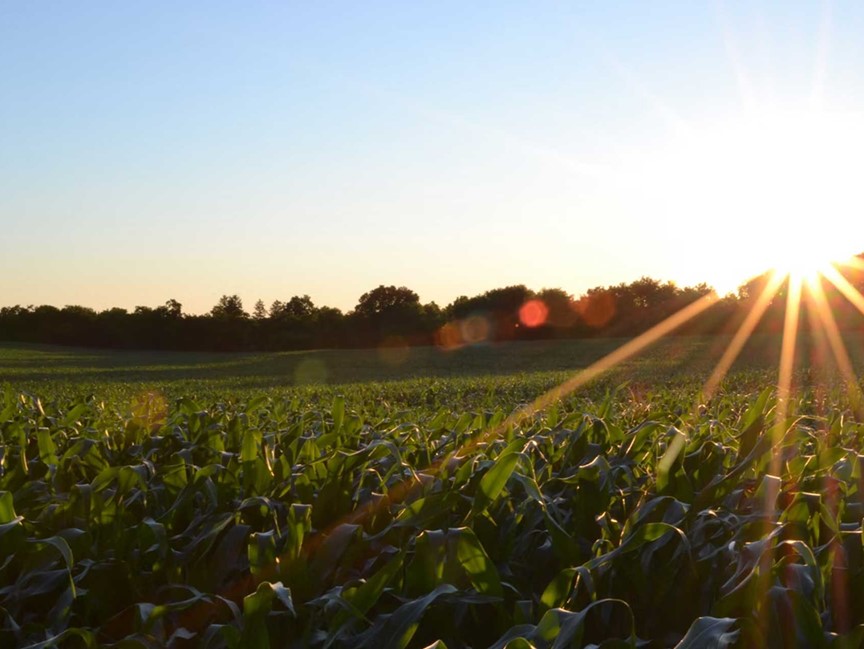
The calcium carbonate content indicates how alkaline or acid the soil is. This determines in large part the quality of the soil, and its fertility. To determine the carbonate content, Royal Eijkelkamp offers a calcimeter that works in accordance with the method of Scheibler. It was developed together with Dutch research institutes and meets the standards of NEN 5757 and DIN 19682 and 19684.
More information
Need advice choosing the right product for your application? Our specialist Michiel is happy to help.